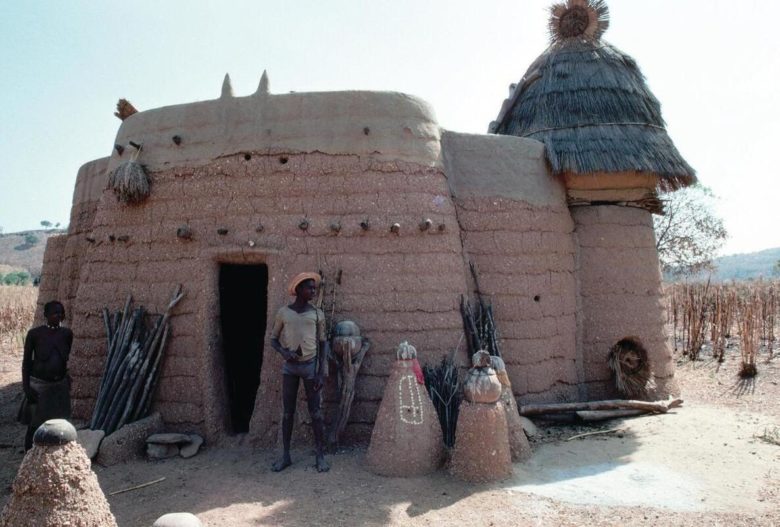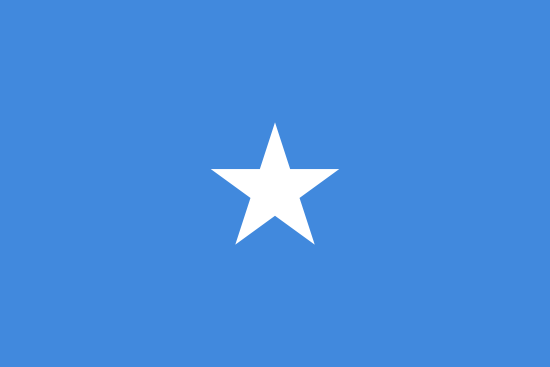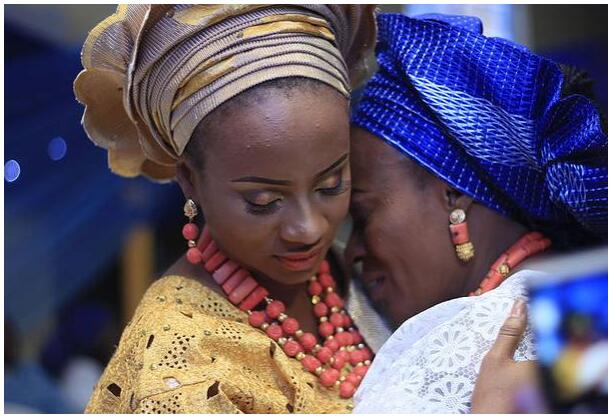Togo
Togo is a republic in West Africa, on the Gulf of Guinea. The country is one of Africa’s smallest and constitutes a 540 kilometer long corridor to the north from the 56 kilometer long coast. Togo borders in the west to Ghana, in the north to Burkina Faso, in the east to Benin and in the south to the Atlantic. The country is somewhat larger than Finnmark county.
The country was a German protectorate in the period 1894-1914 and then the mandate area of French Togoland until it became independent in 1960. The capital is Lomé.
Togo (the name) is from the ewe words “two” (water) and “go” (beach), ie “by the water”. This originally referred to the city of Togo (now Togoville) by the lagoon of Lake Togo, but was extended to the entire country.
National anthem is “Salut a toi, pays de nos aïeux” (“Be greeted, the land of our ancestors”).
People and society
The population consists of 37 ethnic groups; the largest are ewé, mina, cabre and gurma, which together make up 99 per cent of the population.
The coastal region has the densest population. The urbanization rate is 40 percent (2015). The capital and largest city is Lomé.
Life expectancy at birth is 67.7 years for women and 62.3 years for men. According to countryaah.com, 40.44 percent of the population is under 15 (2016).
The official language is French. Ewé and mine are the most widely spoken languages in the north, and kabye (kabiyé) and dagomba in the south of the country.
51 percent cultivate local traditional religions. Christians make up 29 percent, most are Catholics, and 20 percent are Muslims (2016).
Two women in traditional clothing. The children are carried in a strong cloth on the mother’s back.
State and politics
Togo is a republic with a president, elected by direct election for 5 years, as the supreme executive. The president can be re-elected an indefinite number of times. The Prime Minister, who must have the support of the majority in the National Assembly, is appointed by the President. The National Assembly has one chamber with 91 members elected directly for 5 years.
The country is divided into 5 regions.
Togo is a member of the UN and most of the UN’s special organizations, the World Trade Organization, the African Union (AU), the Economic Community of the West African States (ECOWAS) and the Cotonou Agreement.
It’s two-year military service. Togo has an army, navy and air force as well as a semi-military gendarmerie force.
History
Before the Europeans arrived, Togo was inhabited by various peoples. Portuguese reached the Togo coast in 1471–1472. Several European states, including Denmark-Norway, created trading stations that became shipping centers for slaves in the 17th-17th centuries.
German missionaries arrived in 1847, and from the mid-1800s German influence increased. The area became a German protectorate in 1884, a colony from 1894 and expanded its borders in 1897 and 1899. The Germans introduced forced labor. In 1914 the area was occupied by British and French troops. In 1922 Togo became a mandate area under the League of Nations (from 1946 under the UN ) and divided into two: French and British Togo. The British western part was incorporated into the Gold Coast (later Ghana) in 1956 following a referendum, while French Togo became independent in 1960.
Sylvanus Olympio was elected the country’s first president, but was assassinated in 1963 in a coup led by Étienne Eyadéma Gnassingbé. Former prime minister Nicolas Grenitzky returned from exile in France and was elected president. He was deposed in a new coup in 1967, and Eyadéma took control. He was re-elected without a counter-candidate several times, most recently in 1986. Several unsuccessful attempts were made to overthrow him.
During clashes between army groups in 1993, some 240,000 of the inhabitants fled to neighboring countries; several hundred political regime opponents in Togo were killed. Eyadéma was last proclaimed the winner of a dubious presidential election in 1998 and died in 2005 after 38 years in power. The army supported the son of parliament inaugurated by his son Faure Essozimna Gnassingbé as president. He won a dubious presidential election in which about 400 people were killed in clashes and 40,000 Togolese fled to neighboring countries. AU, ECOWAS and the EU imposed sanctions. Faure Gnassingbé was re-elected in 2010 and 2015.
Economy and business
Agriculture accounts for 28.5 percent of GDP (2015). It is grown including millet, maize, cassava, beans, cassava and yams for their own consumption and cocoa, coffee and cotton for export. There are sardines and anchovies on the coast and there is some inland fishing.
The most important mineral deposit is phosphate, of which Togo is one of the world’s largest producers. Other minerals include bauxite, iron ore, copper, chromium, limestone and marble.
The industry comprises some textile and food production, cement and steel production as well as an oil refinery, and accounts for 20.9 per cent of GDP (2015).
The service industries account for 59.6 per cent of GDP (2015). Togo has some tourism.
Knowledge and culture
Officially, Togo has a 6-year compulsory school. High school is 7 years old. There are two universities, in Lomé and in Kara. 33.5 percent of the population over the age of 15 are illiterate (2015).
There are 3 daily newspapers. There are 3 state-run and 2 privately-run radio stations, and 2 state-run and 2 privately-run television stations (2010).
Woodcutters in Kloto are known for “marriage chains”: two figures connected by rings from only one piece of wood. Ewé woodcutters make statuettes.
Well-known novelists are Félix Couchoro (1900–1968), David Ananoa (1917–2000), and Jeanette Délali Ahousou-Abotsi (1954–). Sénuvo Agbota Zinsou (1946–) writes plays and Kossi Efoui (1962–) writes short stories, novels and plays.
Well-known visual artists are Paul Ahyi (1930–2010), Sokey Edorh (1955–) and Emmanuel Kavi (1970–).
Folk Songs and dance music with instruments like drums, gyil- xylophone, flute and string instruments as kologo and gonjey, are popular. In popular music, singer Bella Below (1945–1973) and singer King Mendah (1971–) are glowing names. Hip-hop is popular.
Ballets Africains du Togo was founded in 1967 and popularizes traditional dances.
Anne-Laure Folly (1954–) is a well-known filmmaker.





